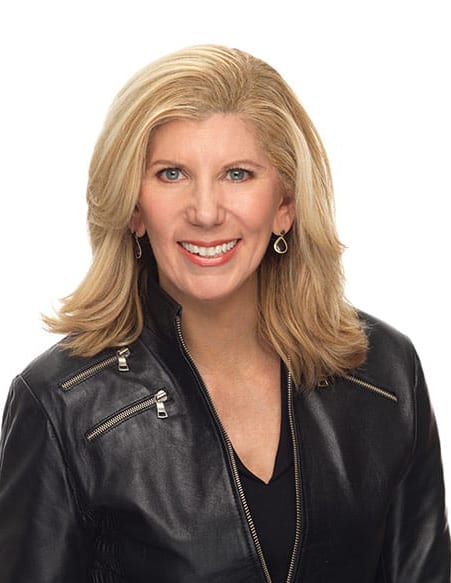I returned from my seventh trip to the World Economic Forum’s Annual Meeting in Davos realizing I never even unpacked all my cold-weather gear from my suitcase. This year’s unseasonably warm weather in the Swiss Alps was a fitting reminder that the last decade was the hottest on record around the world, and that climate change is undoubtedly the biggest risk of our time.

Climate change has been a regular focus of the Forum for years, but there was no question that it dominated the week this time, surpassing discussions on economics. I read one report that said there were more than 30 sessions on the official agenda focused on climate urgency — that was compared to less than 10 sessions on climate and nature 10 years ago.
It was certainly interesting to see how the Forum juxtaposed 17-year-old climate change activist Greta Thunberg against President Trump. Greta really only came into the public consciousness at last year’s Davos, when she made headlines protesting on the sidelines and was ultimately invited into the Congress Center to speak directly to political and business leaders.
Since then her profile has skyrocketed, and people all over the world look to her as the most vocal leader of the fight to stop global warming. The Forum made an interesting and purposeful choice by giving Greta the stage shortly before Trump’s address, and inviting her back again after to respond.
Greta’s speech echoed what she said last year, that our house is still on fire, and that inaction by world leaders is fueling the flames. President Trump responded equally strongly, claiming we shouldn’t be so pessimistic and follow the lead of the activist “prophets of doom.”
Despite the wide chasm of opinions, most Davos attendees did express significant concern about the imminent threat of climate change, and discussions focused on how to gain alignment and prompt real action.
Many companies and countries have already committed to strict carbon neutral goals within the next 15 or 30 years, but there is significant disagreement over whether governments should institute taxes for companies that don’t abide by international standards for carbon reductions.
That’s not the only difference of opinion. The World Economic Forum released its Global Risks Report on the eve of Davos, which for the first time in the survey’s 10-year outlook found that the top five most likely risks are all environmental.
Contrast this with a new survey by PwC revealed that “climate change and environmental damage” was ranked 11th in the rankings that CEOs gave as the biggest threats to their companies’ growth. PwC International chairman Bob Moritz explained that many CEOs consider climate-related initiatives an opportunity for differentiation rather than a concern.
One nearly universally accepted initiative was the launch of the Trillion Trees Initiative, created by Salesforce CEO Marc Benioff. It received commitments from more than 300 CEOs and world leaders, including President Trump.
The initiative aims to plant, restore or conserve a trillion trees by 2050 in an effort to offset CO2 emissions and stop the progression of climate change. Few would argue it is not a positive program, but activists like Thunberg insisted it doesn’t solve the true problem: “Planting trees is good, of course, but it’s nowhere near enough,” she said.
Climate change will impact more than just rising temperatures and increasing natural disasters. The Forum addressed the impact of climate change on health — from the increase in allergies and asthma as air quality worsens, and from the threat of pandemics and new insect-borne diseases that spread due to rising temperatures or loss of habitat, as well as issues like forced migration caused by natural disasters, famine or drought.
Business leaders need to look beyond shareholder value and consider the responsibility they have to all stakeholders. This is not a time for “woke-washing.” It is critical that organizations close the gap between the goals they set and the actions they are taking. No business will succeed in a world ravaged by climate change, so it’s time for corporations to make good on their commitments to protect our future.
This post originally appeared in PRWeek.
For more insights from Davos, visit our WEF 2020 landing page, featuring a trends infographic and a recording link from our recent webinar.



